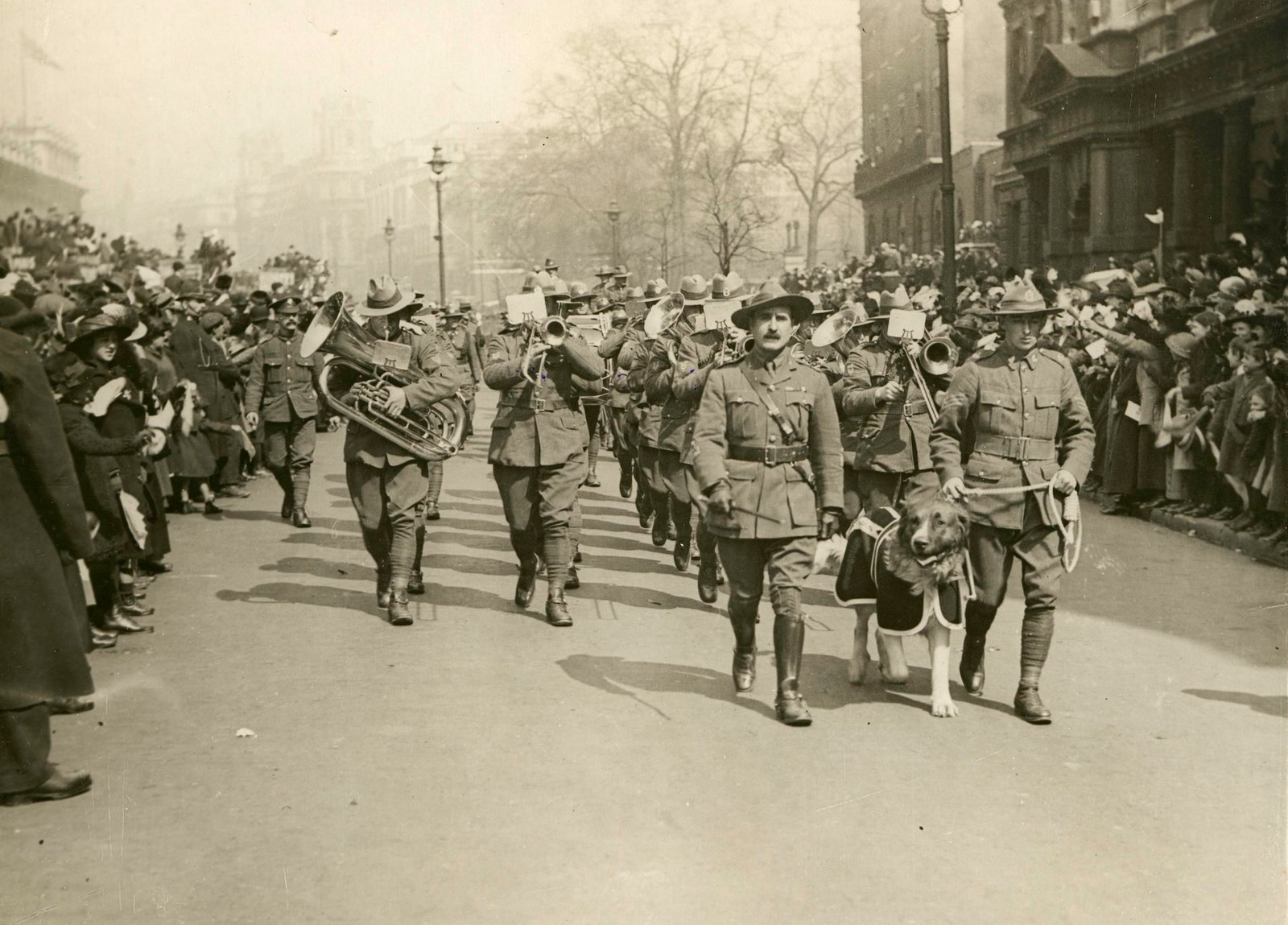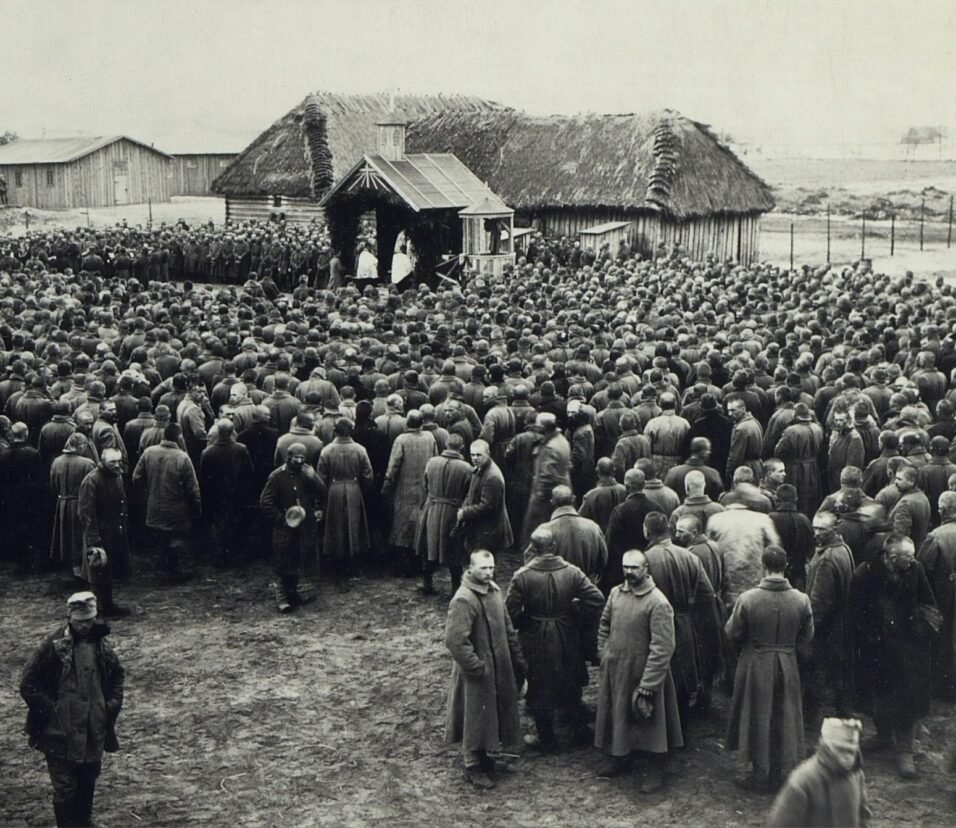Introduction:
The story of the Navajo Code Talkers is a remarkable and essential part of World War II history. These brave men used their unique language to make a code that no one else could break, helping the United States win important battles. In this article, we’ll look at how they made such a significant contribution, how the code was put together, and the lasting impact of these hidden heroes.
The Birth of an Unbreakable Code:
During World War II, the U.S. military had a big problem: they needed a way to send secure messages. The Japanese were really good at intercepting and figuring out the Allies’ messages, which was a huge risk. But then, they found an unexpected solution: the Navajo language. This language was complex, not known to people outside the Navajo community, and it wasn’t written down. Philip Johnston, who grew up on a Navajo reservation with his missionary parents, came up with the idea of using Navajo as the basis for a secret military code.
Developing the Navajo Code:
The military brought in the first group of 29 Navajo members, including Chester Nez, for a special task: to make a code from their language. They cleverly turned everyday Navajo words into military terms, inventing new ways to describe modern warfare stuff. For example, they used the word “turtle” to mean a tank, and they called Adolf Hitler “Crazy White Man” in their code. This smart idea led to a code that worked really well and was too hard for the enemy to figure out.
The Role in Key Battles:
The Navajo Code Talkers were key players in several major Pacific battles during World War II. Their work was vital in American wins at places like Guadalcanal, Tarawa, Saipan, Iwo Jima, and Okinawa. They had the unique skill of quickly and accurately sending messages, even during the toughest moments of battle. This gave the U.S. military a big edge. Remarkably, the Code Talkers could handle up to 800 messages without any mistakes, sometimes while being under enemy attack. Their contributions were a huge part of the Allies’ success in the war.
The Secret Keepers:
Each Navajo Code Talker was so important that they had their own personal bodyguard. These guards had strict orders to keep the code secret no matter what, even if it meant risking the Code Talker’s life to prevent capture. The Code Talkers themselves promised to never talk about their work, and they kept this promise long after the war was over. It wasn’t until 1968 that their incredible story was finally made public, letting the world know about the crucial role they played in the war.
Legacy and Recognition:
For many years, the incredible work of the Navajo Code Talkers was not widely known. But now, their story is celebrated as a powerful example of how important native languages and cultural understanding can be for a country’s safety. The bravery and cleverness of the Code Talkers didn’t just save many lives; they also showed how valuable diversity and including different perspectives can be when facing complicated challenges.
Preserving the Navajo Language and Culture:
The Navajo Code Talkers did more than just help a lot in the war. They also played a key part in keeping their language and culture alive. During a period when many native languages were disappearing or at risk because of policies that pushed for assimilation, using the Navajo language in such an important way showed how complex and significant it was. Their story is a strong reminder of why it’s important to keep cultures alive and how having different languages can bring special benefits to society as a whole.
The Challenges Faced and Overcome:
Even though they did heroic work, the Navajo Code Talkers faced many tough situations. They worked in some of the most dangerous parts of the war. They also had to deal with cultural differences and biases that were common in the military back then. Their skill in handling intense pressure and difficult conditions, all while keeping their code secret and effective, shows how strong and dedicated they were.
Educational Impact and Modern Recognition:
Lately, the story of the Navajo Code Talkers has become a significant topic in education, highlighting the varied contributions of Native Americans to American history. Their story has been shared through documentaries, books, and other media, teaching people about the invaluable service they provided. To honor their legacy and make sure their heroic actions are remembered by future generations, memorials and museums have been dedicated to the Navajo Code Talkers.
Conclusion:
The Navajo Code Talkers stand as a remarkable example of how unique cultural insights and diversity can greatly enhance national security and lead to success. Their indecipherable code, crafted from their native language, was crucial in winning many key battles of World War II. Reflecting on their story, we’re reminded of the immense contributions that indigenous cultures have made to our collective history and the need to preserve these rich cultural heritages for the benefit of future generations. Celebrated as heroes, the Navajo Code Talkers’ tale is an inspiring saga of resilience, intelligence, and dedication to one’s country.







